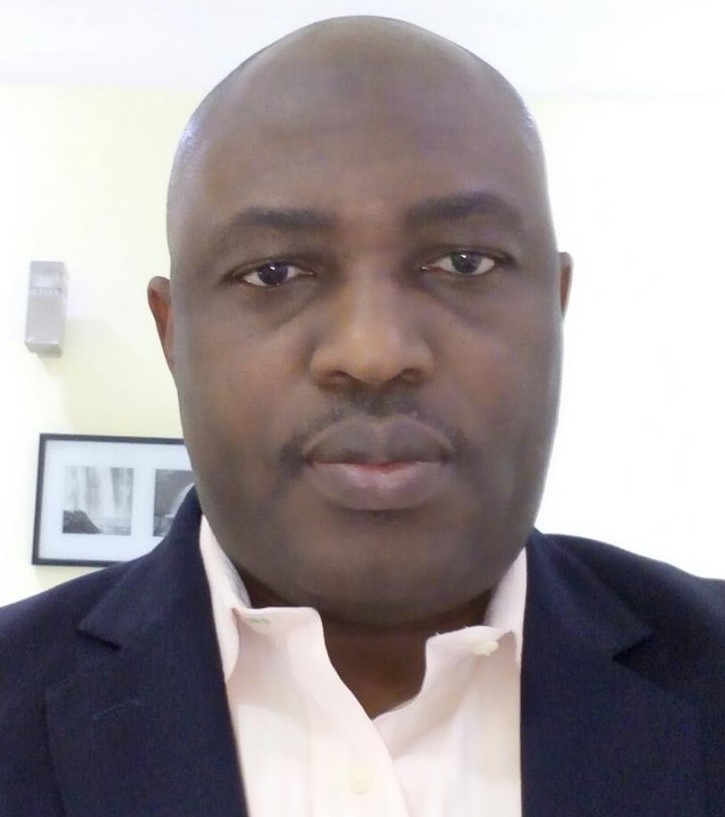By OLABODE OPESEITAN
Nigeria’s politics often mirrors a tragic cycle: today’s victims were yesterday’s silent bystanders. The current outcry over President Bola Tinubu’s appointments—accused of favouring the Yoruba—ignores a deeper truth: marginalisation is a revolving door, and those now protesting were conspicuously silent when others suffered. Let’s revisit history with unflinching detail.
The Jonathan Era: A Data-Driven Exclusion of the Yoruba
Under President Goodluck Jonathan (2010–2015), the Yoruba were systematically sidelined from Nigeria’s power structure. The Yoruba Unity Forum (YUF), led by Chief Olu Falae, Bishop Bolanle Gbonigi, and others, presented irrefutable evidence in 2013:
- Top 12 Political Offices: Zero Yoruba representation. These included:
– President, Vice President, Senate President, House Speaker, Chief Justice, Deputy Senate President, Deputy Speaker, Acting President of the Court of Appeal, SGF, Chief of Staff, NSA, and Head of Service.
- Economic & Judicial Sectors:
– Only 3 of 36 principal economic/financial agencies were Yoruba-led.
– None of 11 judiciary/anti-corruption agencies (EFCC, NDLEA, etc.) had Yoruba heads.
- Aviation Ministry under Stella Oduah (Southeast)
– Recruited 75 new hires: 40 from the Southeast.
– NAMA recruited 107 staff—68% from the Southeast.
- Customs & Education:
– Only 45 Southwest cadets were recruited by Customs vs. 68 (Southeast) and 91 (Southsouth).
– Just 2 of 28 Unity School principals were Yoruba.
- Historical Betrayal:
– Yoruba activists had championed Jonathan’s rise (e.g., leading protests to make him Acting President during Yar’Adua’s illness). Yet, their loyalty was repaid with exclusion.
The Tinubu Paradox: How Yoruba Politicians Contributed to the Marginalisation
The Speaker of the House debacle in 2011 epitomised self-inflicted marginalisation. The PDP had zoned the position to the Southwest, nominating Mulikat Akande-Adeola. But Tinubu’s loyalists in the ACN (now APC) conspired with Northern lawmakers to elect Aminu Tambuwal (Sokoto), stripping the Yoruba of the ONLY top position they were due.
– The Aftermath: The Yoruba ended up with zero representation in Nigeria’s top 12 offices—a historic low. Even Tinubu was criticized by Yoruba elders for prioritising political brinkmanship over tribal interests.
The Yoruba Elder’s Wisdom: “Silence Enables the Oppressor”
A Yoruba proverb warns: ”Ẹni tó bá fojú di’nú ìyọ̀nú ẹlòmìì, á rí ìyọ̀nú ti ara ẹ̀”—“Whoever ignores another’s oppression will soon face their own.” The Southeast’s current grievances are valid, but where was their voice when Yoruba marginalisation peaked under Goodluck Ebele Azikiwe Jonathan? Where was Ali Ndume when Buhari skewed appointments 70–30 for the North? History will be kind to the Northern Elders Forum (NEF) for calling out Buhari’s unprecedented nepotism.
The Path Forward: Breaking the Cycle
- Acknowledge Hypocrisy: Marginalisation protests must be consistent, not situational.
- Demand Equity, Not Rotation: Tinubu should emulate Obasanjo’s inclusive governance—appointing competence while ensuring geo-political balance.
- Heal the Wounds: Correct historical oversights (e.g., Yoruba in Kwara/Kogi often excluded even in Federal appointments).
Final Thought: An eye for an eye leaves Nigeria blind. The tears shed today are for injustices we ignored yesterday. Let’s break the cycle.














